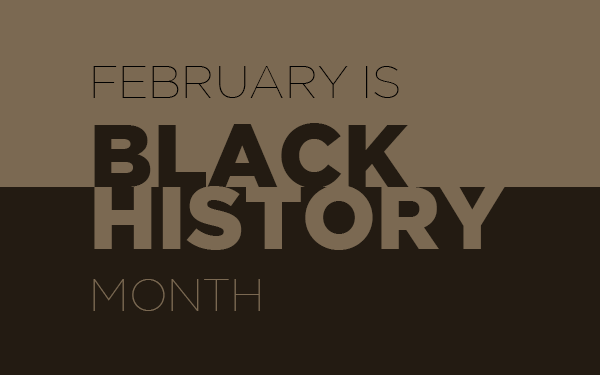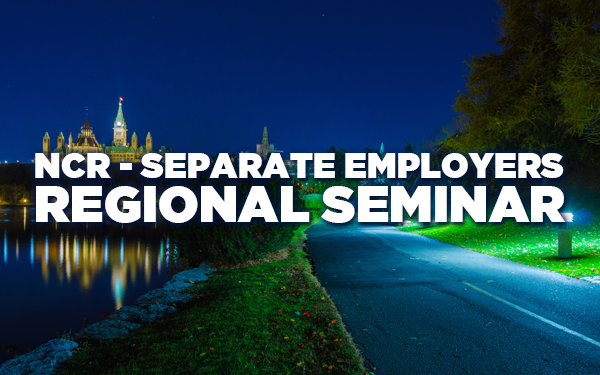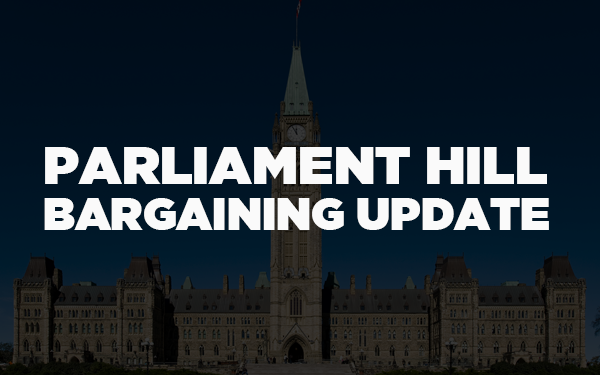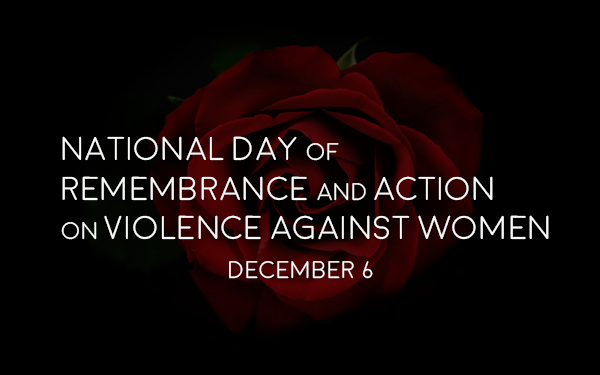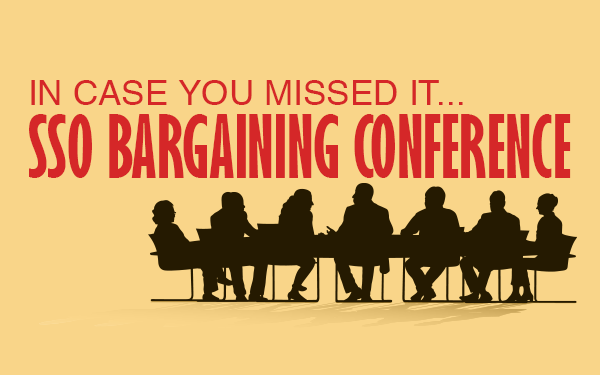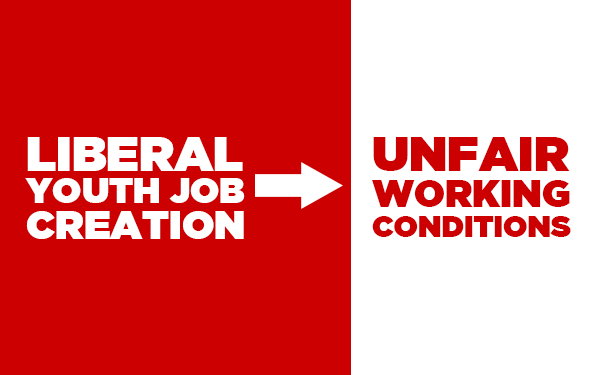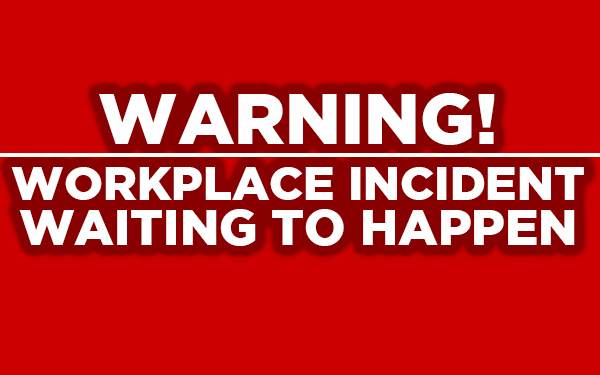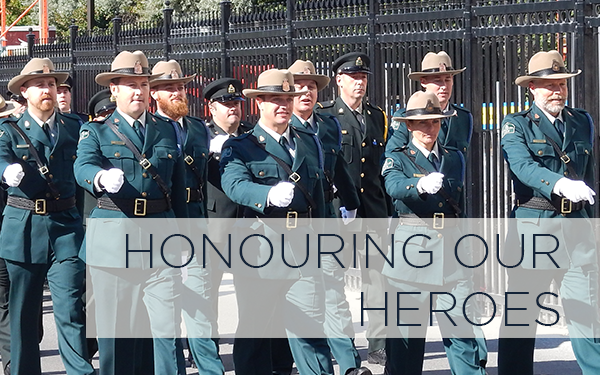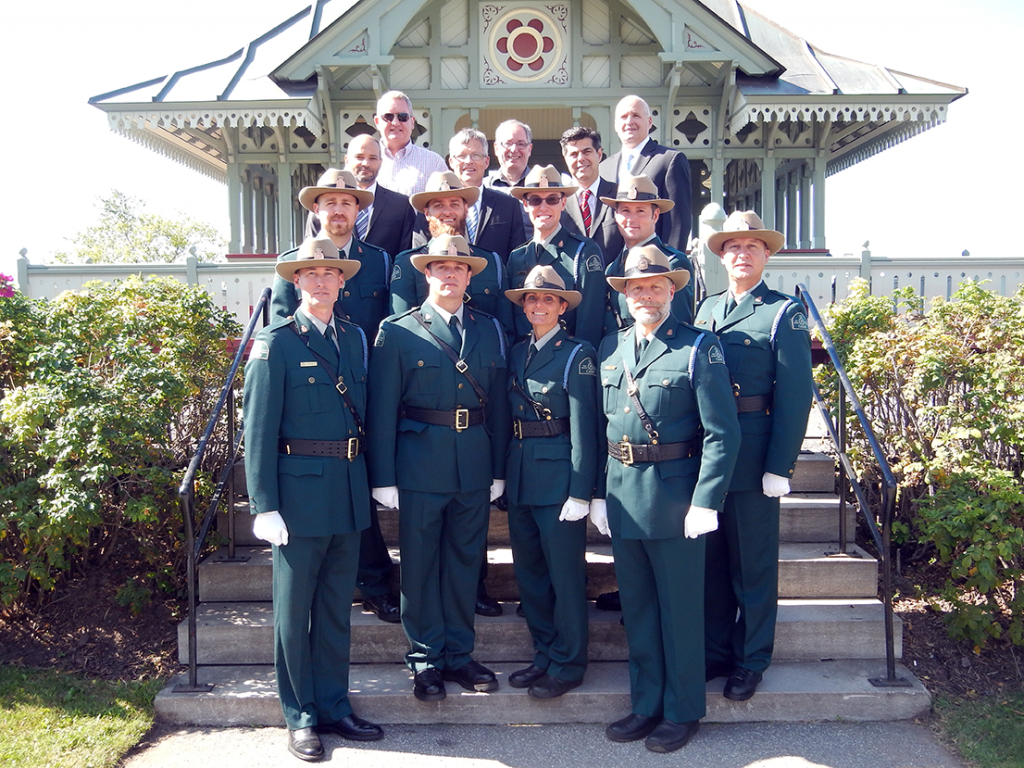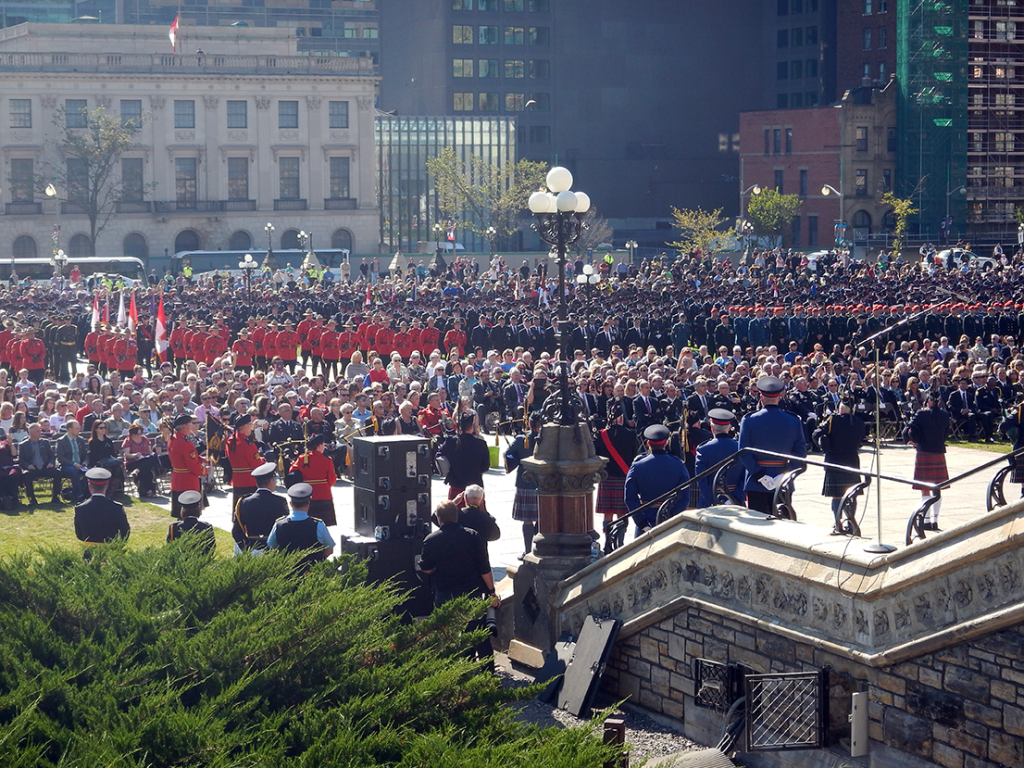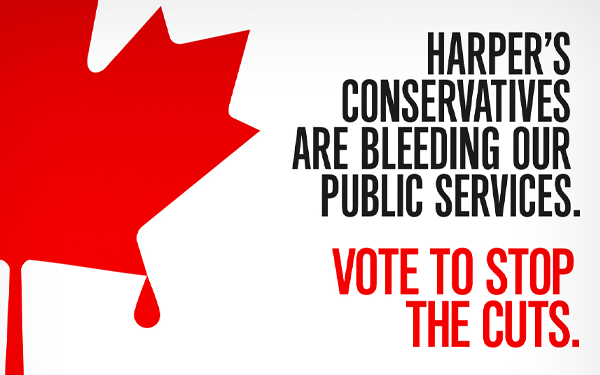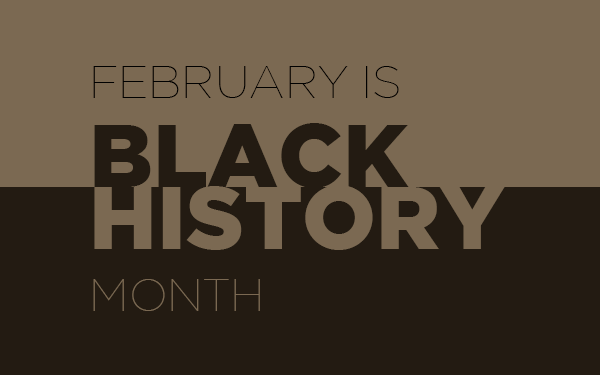
By Hayley Millington
As recently as January 20th, 2016, during a conversation about the 2016 Oscars, U.S. actress Stacy Dash said on Fox News that she wants to eliminate Black History Month (BHM). According to Ms. Dash as she addressed the ongoing outrage over the lack of minority nominees in major categories;
“I think it’s ludicrous,” Dash, 49, said about the response to the lack of diversity surrounding the Oscar nominations. “We have to make up our minds. Either we want to have segregation or integration. If we don’t want segregation, then we need to get rid of channels like BET and the BET Awards and the [NAACP] Image Awards, where you’re only awarded if you’re black.”
Ms. Dash went a step further by saying “there shouldn’t be a Black History Month. We’re Americans, period.”
In 2005, Academy Award-winning actor Morgan Freeman said that having a Black History month was “ridiculous” and that the best way to end racism today is to “stop talking about it”. When questioned as to why, Mr. Freeman stated “You’re going to relegate my history to a month”.
The statements quoted here are a set of widely used, tried and tested propaganda used in America daily. The ideas themselves are used at any given time in discussions with other proponents who would like to remove Black History Month from the calendar with the premise that it hinders us (black folks) more than it helps us in achieving the American dream, not as a black person in America but as an American.
On this side of the border, attitudes towards BHM differ. All Canadians are invited to participate in BHM festivities as the legacy of black Canadians are remembered and celebrated. Canadians take the time to celebrate what Canadian people of colour have brought to the cultural mosaic that is Canada’s multicultural diversity.
It is important to recognize and not lose sight of the fact that Black History Month carries a significance that far outweighs the negativity as it allows people of colour to showcase their past and their present.
So while some to the south of us continue to devalue and misconstrue the importance of Black History Month, my point of view is that it certainly has a role to play in educating Canadians about its historical context and perspective.
For the next 29 days I am engaging my colleagues and friends with a BHM quiz that has been ongoing for the past 13 years in my place of work. When it opens up and creates a space for dialog about black history, the conversation becomes an opportunity to share my experiences openly and proudly with all who are interested.
Hayley Millington is the UNE’s National Equity Representative for Women.
